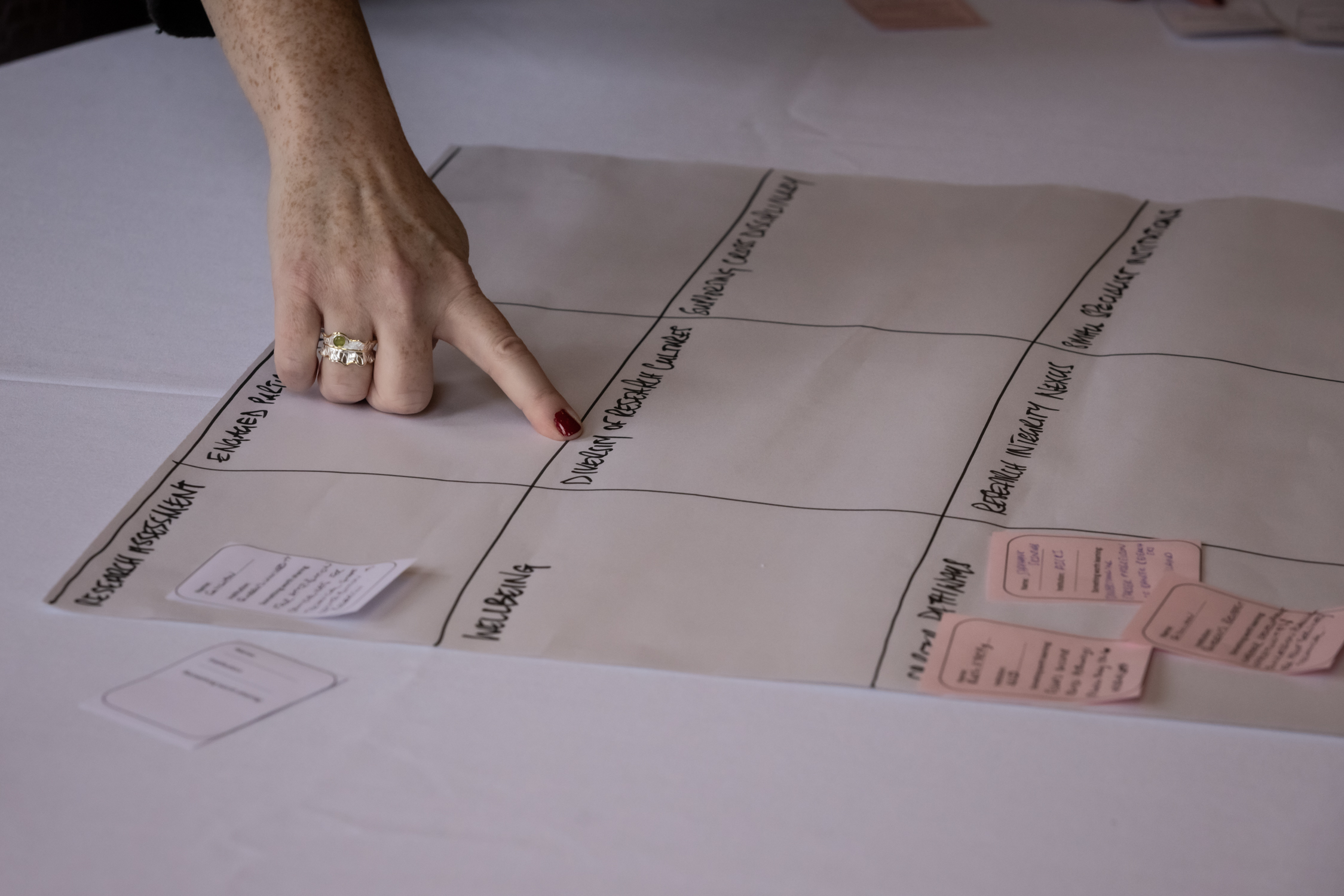
The Impact of COVID-19 Visiting Restrictions on Families of Elderly Patients in Acute Care Initiative: Strengthening Healthcare Partnerships
Authors: Tracy McGuinness, Mary Dunnion, Dr. Gail Cummins & Prof. A.Ryan
Organisations: ATU, Ulster University
This initiative explored the impact of COVID-19 visitation restrictions on the families of older adults in acute care settings in the North West of Ireland.
Rationale for Initiative
The COVID-19 pandemic necessitated strict hospital visitation policies, significantly disrupting family caregiving roles and affecting the well-being of both patients and their loved ones. While infection control was a priority, the unintended consequences of these restrictions, such as increased stress, anxiety, and communication difficulties, were not sufficiently addressed. This research identifies a critical gap in healthcare policy, where balancing public health measures with patient and family support remains challenging.
The aims were to:
Explore the experiences of family members in Northwest Ireland who could not visit a hospitalised older person.
Understand the impact of restricted hospital visits and physical distancing on family members.
Develop recommendations for health and social care providers to prepare for future surges, pandemics, or infectious outbreaks.
Methods
The study used qualitative research methods to gather data from affected families, analysing common themes related to healthcare communication and policy gaps. Cross-border interviews provided comprehensive insights into families' challenges and areas for improvement.
Findings/Conclusion
Key themes emerged, including the emotional toll of separation, ethical dilemmas in policy enforcement, and the need for more compassionate hospital practices. The study highlights the importance of strengthened partnerships between healthcare providers, policymakers, and families. It advocates for targeted training programs to equip healthcare professionals with effective communication strategies during health crises, ensuring a more balanced approach to infection control and family well-being.
